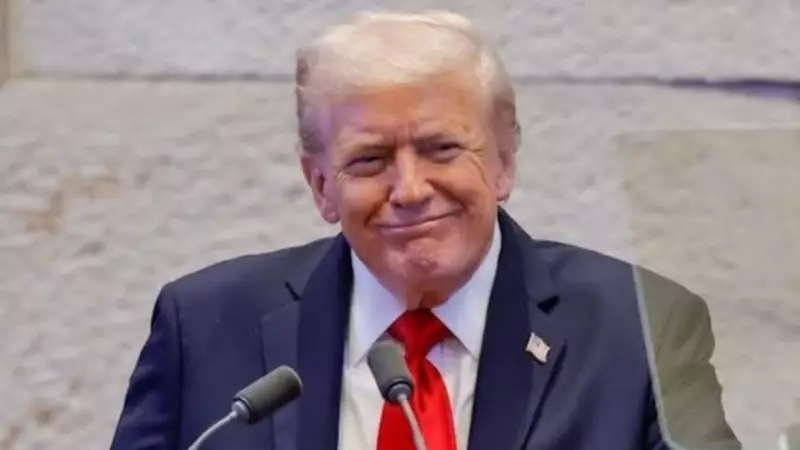
In a significant development that's shaking up the international education landscape, former President Donald Trump's "Higher Education Compact" continues to face widespread rejection from American universities. However, amidst the growing opposition, several prominent institutions are notably keeping their options open, raising questions about their strategic positioning.
The Great Divide in American Academia
The controversial compact, which proposes stricter regulations and monitoring mechanisms for international students, has created a clear divide within the US higher education community. While prestigious universities like Harvard, Stanford, and MIT have publicly denounced the initiative, a considerable number of institutions remain in the "wait-and-see" category.
Why Some Universities Are Playing the Waiting Game
Education experts point to several strategic reasons why certain universities haven't joined the rejection bandwagon:
- Political Calculations: Some institutions in politically conservative states are treading carefully to maintain relationships with local stakeholders
- Financial Considerations: Universities heavily dependent on federal funding are weighing potential repercussions
- Strategic Ambiguity: Maintaining neutrality allows institutions to negotiate better terms if the policy moves forward
- Internal Divisions: Some campuses face conflicting pressures from different academic departments and administrative bodies
The Stakes for International Students
The compact's potential implementation could dramatically reshape the experience for thousands of international students in the United States. Proposed measures include enhanced monitoring of academic activities, stricter visa compliance requirements, and increased reporting obligations for universities.
"This isn't just about politics—it's about the fundamental relationship between American higher education and global talent," explains Dr. Priya Sharma, an international education policy expert. "Universities that remain silent may be calculating that some access to international students is better than none."
The Domino Effect on Global Education
As the debate intensifies, education consultants worldwide are watching closely. The outcome could trigger a significant shift in global student mobility patterns, potentially benefiting competing destinations like Canada, Australia, and the United Kingdom.
With the 2024 election cycle approaching, the compact has become more than just an education policy—it's evolved into a symbolic battleground for America's approach to globalization and international cooperation in higher education.





